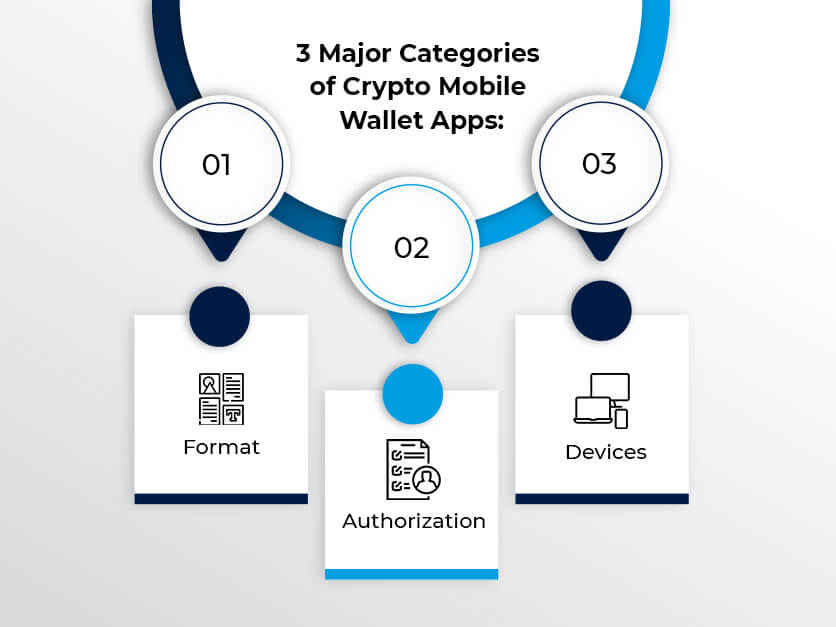The cryptocurrency industry has had significant growth over the past couple of decades. The number of users continues to grow which has led to wide business prospects. Blockchain and cryptocurrency development space has transformed the traditional bank system and increased the demand for safe and robust storage of digital assets. The future lies in cryptocurrency. It is essential for crypto enthusiasts to grasp the importance of having a wallet. Are you currently considering the process of creating your cryptocurrency wallet?
Building a crypto wallet is certainly an essential step prior to engaging in cryptocurrency transactions. This article seeks to thoroughly cover all aspects of crypto wallet app development including its relevance, and important features to look for, and evaluate the development cost considering all the factors.
What is a Crypto Wallet?
Crypto wallet app development software allows users to store cryptocurrencies, purchase, sell, send, and receive digital assets. It also stores transaction records. The crypto wallet does not only store assets, but also it partially allows users to have access to their digital currencies that are already stored on the blockchain network. The crypto wallet app is typically installed on a smartphone or laptop, but it can also be a browser extension or even be stored on USB devices. Activities involving the transfer of crypto assets are transactions with information rather than with the coin itself. Participants exchange ownership of a certain coin.
Well, for anybody who is wondering about their data security stored in the crypto mobile wallet app development solutions. The answer to this question is that it is the most secure and reliable solution to opt for. Each wallet includes a security key or private recovery phase (seed phrase) to increase asset security. The crypto wallet conducts transactions with the help of public and private keys. However, to avoid wallet hacking or stealing funds, it must be secured.
Types of Crypto Wallet
The selection of a crypto wallet app depends upon numerous aspects, including the convenience of use, security level, number of accessible cryptocurrencies, wallet format, and some other features. Let’s have a look at a few of the wallets to see what makes them unique.

1. Format
There are two types of crypto wallets based on the format :
- Hot (software) wallet- Web, desktop, and mobile wallet apps are examples of hot wallets.
- Cold wallet- Also known as hardware wallets. They can be easily stored on a USB device or can be connected to a computer.
2. Authorization
We can differentiate a separate category based on the criterion of managing and keeping the user’s public and private keys. Before going into more detail about Crypto wallet app development, let’s understand how the software is separated into two groups based on their governance: custodial and non-custodial.
- Custodial wallet- A custodial cryptocurrency wallet is a service offered by a party, such, as an exchange, where they securely store and manage your keys. Users rely on the provider to safeguard their cryptocurrency investments. Although it offers convenience and user-friendly interfaces it also entails relinquishing some control over assets and potential security vulnerabilities.
- Non-custodial wallet- A non-custodial cryptocurrency wallet provides users with authority over their keys and cryptocurrency assets. In contrast to wallets, users maintain their security and have full autonomy. Although non-custodial wallets offer security and privacy users are responsible for managing their key management and security practices.







